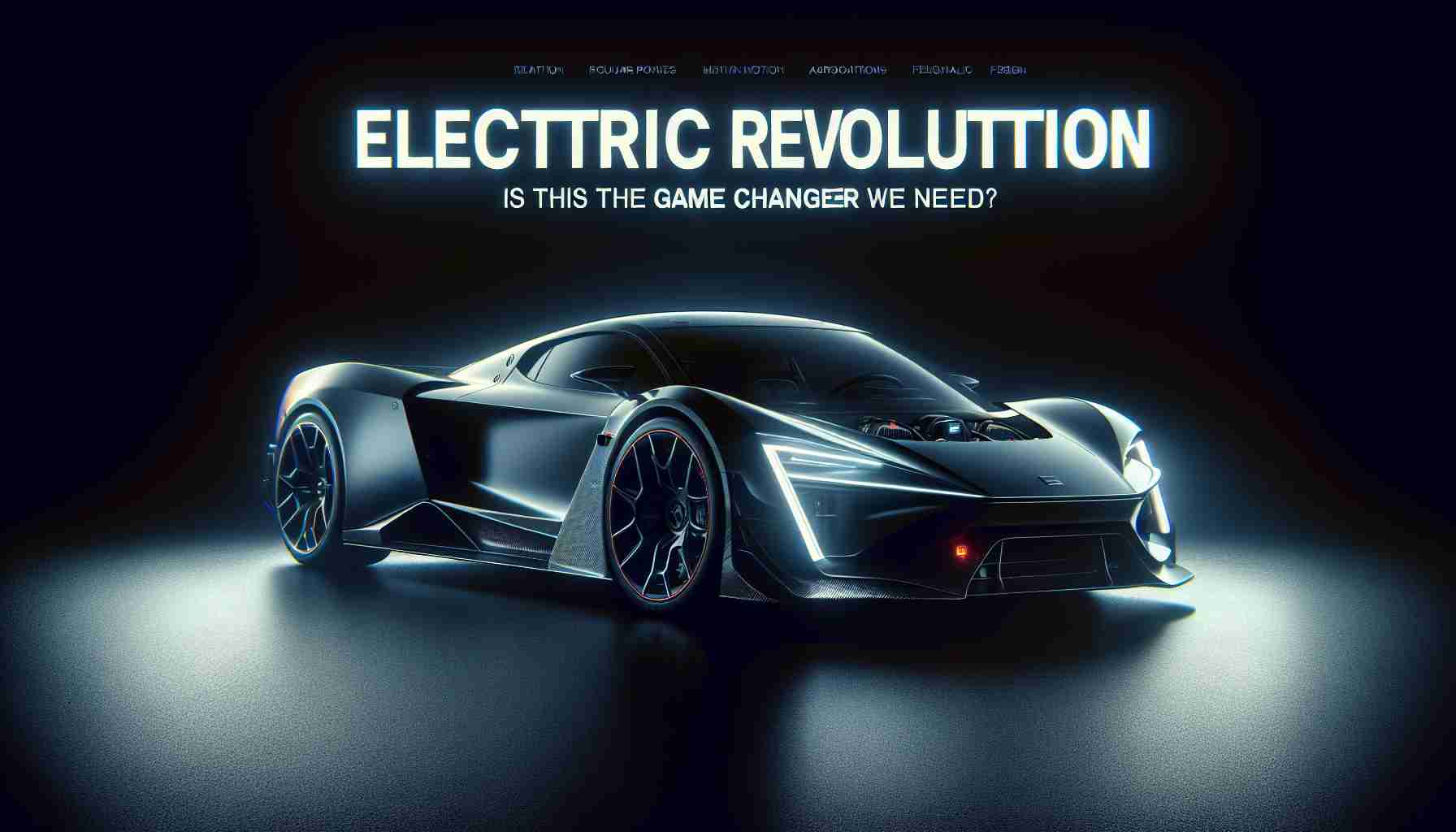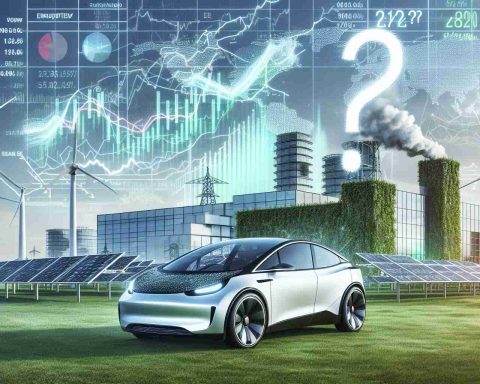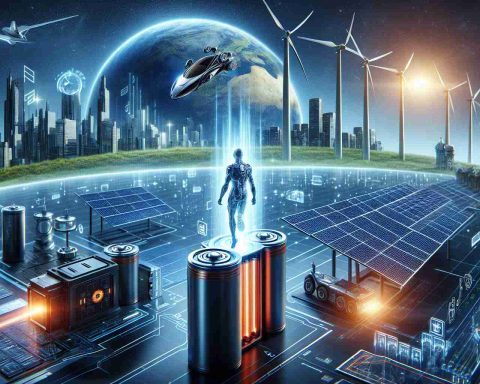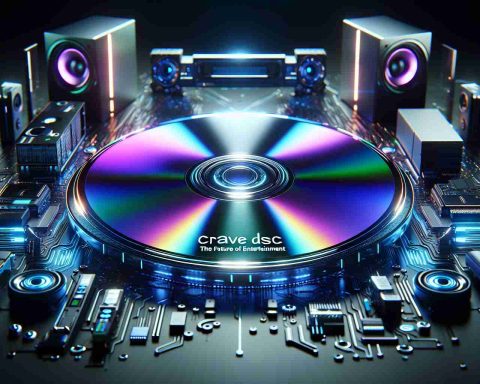The Future of Performance Driving
A prototype of the highly anticipated BMW M3 EV has been spotted in the icy landscapes of the Arctic Circle, hinting at an exciting evolution in performance vehicles. This model, cloaked in camouflage and dusted with snow, showcases bodywork that appears close to what you’ll find in production, featuring bold fender flares characteristic of the M-series.
BMW’s approach with this all-electric M3 embodies a refined take on their innovative Neue Klasse design philosophy. Unlike its predecessor, the G80 M3, the new prototype boasts a more understated version of the iconic kidney grille. Its proportions draw inspiration from classic models, reminiscent of the upright stature of the beloved BMW 2002. Its rear design evokes nostalgia for the gentle lines of the E90 series, making it an intriguing blend of past and future.
Although there is speculation about its powertrain including four electric motors potentially delivering over 1000 horsepower, the car’s performance remains to be fully unveiled. The industry is buzzing with curiosity about whether this M3 will carry the ‘i’ designation like other electric models in BMW’s lineup.
As the automotive world awaits more details, one truth stands firm: delivering a formidable competitor to Tesla’s offerings will be a pivotal challenge for BMW, especially in the quest to redefine what a sport sedan can achieve. The cold weather testing might just be the beginning of an electric legend.
The Broader Impact of Electric Performance Vehicles
The emergence of high-performance electric vehicles (EVs) such as the BMW M3 EV is reshaping not only the automotive landscape but also broader societal and cultural paradigms. As more manufacturers pour resources into electric platforms, the stigma surrounding electric cars is rapidly diminishing. This shift presents an opportunity for greater acceptance of zero-emission technology within the sports car market, which has traditionally favored roaring internal combustion engines.
From a economic standpoint, the rise of electric performance vehicles signifies a transition in consumer spending habits. Enthusiasts and collectors are beginning to recognize the potential of electrification in preserving performance, leading to newfound investments in EV technologies. As major automakers pivot towards electrification, we can expect an increased allocation of resources towards sustainable manufacturing practices that can ultimately lower emissions in the production chain.
Environmental implications are equally significant. The potential for electric performance cars to utilize recyclable materials and renewable energy in production and operation not only helps combat climate change but also pushes the entire industry towards more sustainable practices.
Looking forward, the cultural significance of these vehicles may transform how society views speed, performance, and environmental responsibility. If manufacturers succeed in delivering mind-blowing performance alongside sustainability, we could witness an evolution in social values around consumption and environmental stewardship in the coming decades. This could indeed mark a pivotal moment in redefining luxury and performance in an eco-conscious future.
Will BMW’s Electric M3 Redefine Performance Driving?
The Future of Performance Driving
The future of performance driving is on the brink of transformation with the upcoming release of the BMW M3 EV, a prototype recently spotted undergoing testing in the Arctic Circle. This vehicle signifies a remarkable evolution in electric performance cars, merging BMW’s storied heritage with cutting-edge technology.
Key Features and Innovations
BMW’s new electric M3 prototype embraces the company’s innovative Neue Klasse design philosophy. This model stands out with several noteworthy features:
– Design Aesthetic: The prototype presents a more refined design, showcasing a subdued version of BMW’s signature kidney grille, while its bodywork hints at production readiness. The bold fender flares typical of the M-series accentuate its sporty character.
– Nostalgic Elements: The proportions are reminiscent of classic BMW models, including an upright stance similar to the iconic BMW 2002. Additionally, the rear aesthetic draws inspiration from the beloved E90 series, creating a compelling nexus between traditional BMW styling and future-forward design.
Performance Specifications and Potential
While exact performance details are yet to be announced, speculation abounds regarding the powertrain configuration. Enthusiasts anticipate:
– Power Output: The new M3 EV is rumored to feature up to four electric motors, potentially delivering a staggering output of over 1000 horsepower. This configuration could offer impressive acceleration and speed.
– Battery Technology: Advanced battery systems might be utilized, leveraging cutting-edge aerodynamics and lightweight materials to maximize efficiency while minimizing weight.
Comparison with Competitors
As BMW ventures into this new electric territory, comparisons with Tesla’s offerings are inevitable. The electric M3 is poised to compete directly with models like the Tesla Model S Plaid, known for its blistering performance and range. BMW must focus on several factors to position itself as a formidable rival:
– Driving Experience: BMW has long placed emphasis on the driver’s experience. The challenge lies in replicating the dynamic handling and responsiveness that M-series enthusiasts expect, all while functioning on an electric platform.
– Charging Infrastructure: Addressing charging convenience and fast charging capabilities will be critical in matching or exceeding Tesla’s extensive Supercharger network.
Market Trends and Predictions
The shift towards electric performance vehicles is becoming increasingly prominent. Leading luxury brands are racing to develop sustainable alternatives to traditional combustion engines. Insights into market trends suggest:
– Sustainability: Consumers are placing a greater emphasis on eco-friendly technologies, and luxury brands are responding by investing in sustainable manufacturing processes and materials.
– Innovation: As traditional automakers strive to lead in the performance segment, investments in R&D for battery technology, software enhancements, and safety features will be paramount.
Security and Sustainability Aspects
The BMW M3 EV will likely include advanced security features, both digital and physical, to protect against cyber threats and enhance user safety. In terms of sustainability, BMW has committed to reducing its carbon footprint and may incorporate recycled materials in its construction.
Use Cases and Customer Engagement
Prospective buyers of the M3 EV can look forward to:
– Versatile Performance: The vehicle’s electric platform may offer a variety of driving modes suited for different environments—from daily commutes to track days.
– Technological Integration: With advances in connectivity, expect features such as over-the-air updates, advanced driver-assistance systems, and potentially integrated infotainment systems focused on enhancing the driving experience.
Limitations and Challenges
Despite its promise, the BMW M3 EV faces several challenges before it hits the market:
– Market Acceptance: Traditional performance car enthusiasts may be hesitant to embrace electric vehicles fully, necessitating strong marketing efforts to shift perceptions.
– Performance Benchmarking: Achieving benchmarks set by established competitors like Tesla will require rigorous testing and continuous improvements in performance.
As the automotive industry evolves, the BMW M3 EV symbolizes a promising future where performance and sustainability converge, suitable for a new generation of drivers. For updates and more information, visit BMW’s official site.












